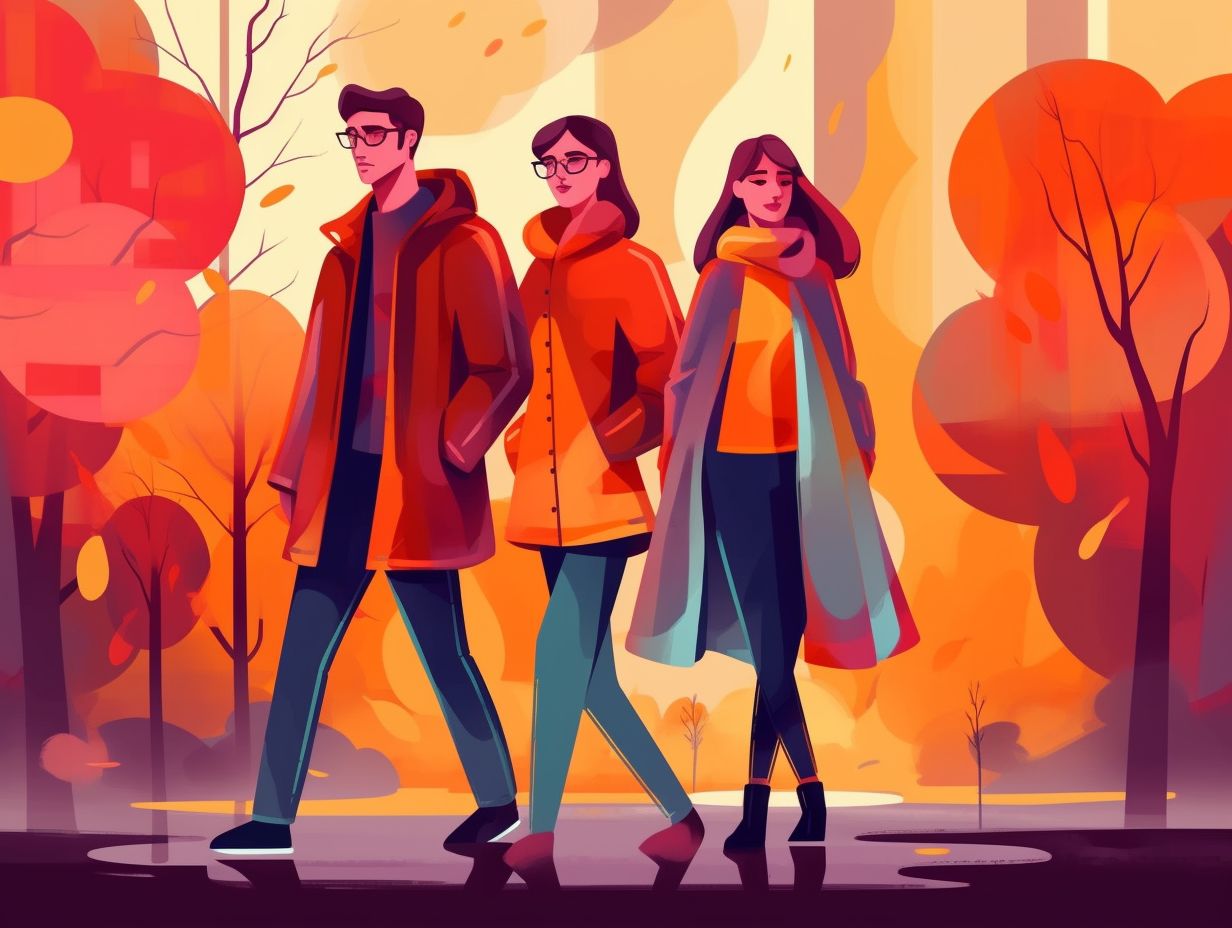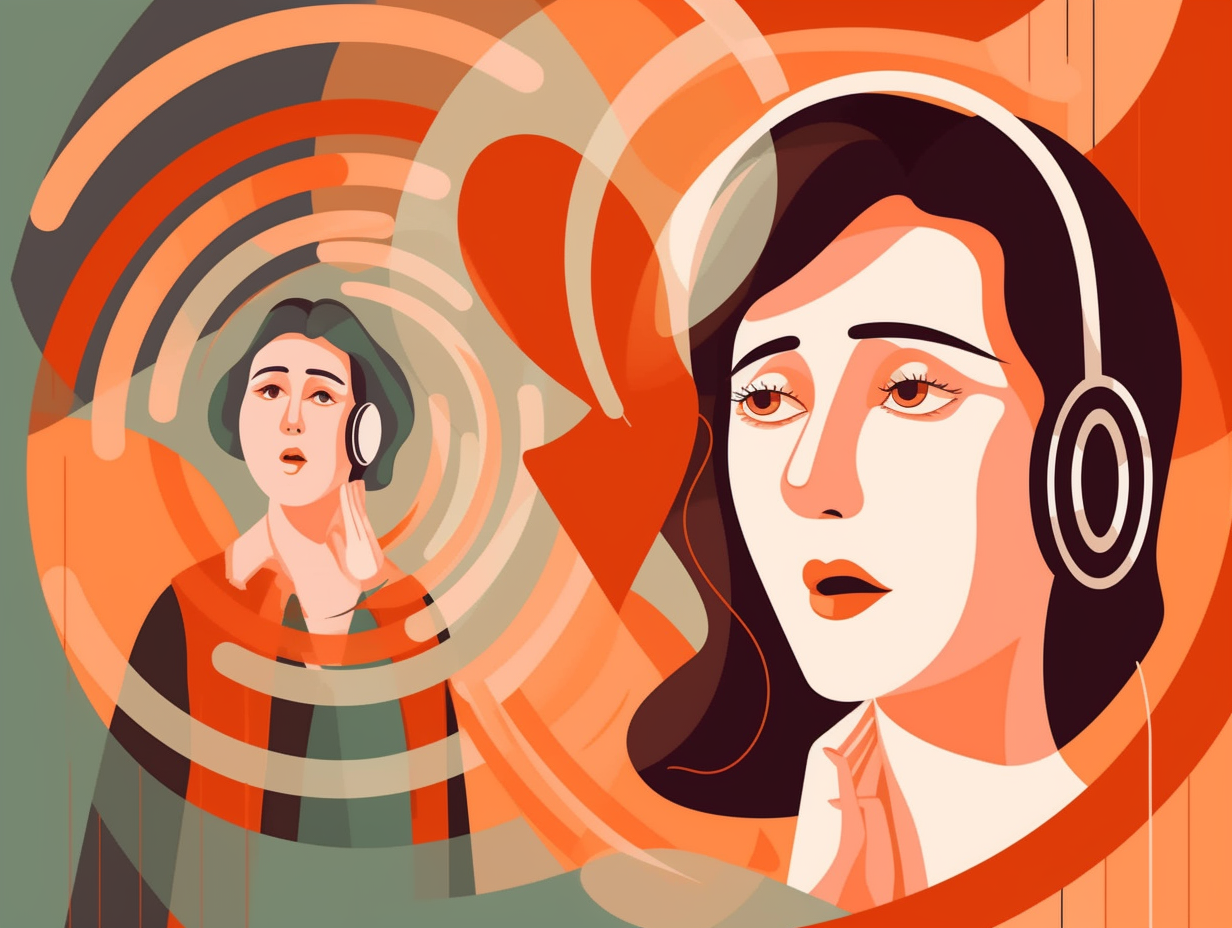Discover Sleepwalking Secrets: Top 8 Fascinating Facts to Amaze and Enlighten You!

1. Sleepwalking Superheroes
In the land of Nod, there roams a curious band of nocturnal nomads who traverse great couches, unlock doors, and even fry up midnight snacks – all in their sleep: This quirky squad makes up the 3.6% of the U.S. adult population, or 8.4 million American Somnambulists, who unknowingly face risks of injury and impaired psychosocial functioning. And it's no Moody Blues song – sleepwalking is often linked to underlying psychiatric disorders, such as depression and anxiety, with over 80% of these unwitting wanderers reporting a chronic duration of more than five years.
Source => med.stanford.edu
2. Somnambulist Interior Designers
Next time you find your furniture rearranged or suddenly become an expert in somnambulistic interior design, don't be alarmed – you might just be sleepwalking: Studies show that up to 29% of children aged 2 to 13 years old and 1.5% of adults sleepwalk, performing complex actions during episodes that last up to 30 minutes, all without any memory of their nighttime adventures.
Source => sleepfoundation.org

Did you know that blind people can create visual masterpieces in their dreams using their other senses like touch, sound, and smell? Discover how their brain's neural activity paints an awe-inspiring dream canvas!
=> Fun Facts about Dreams
3. Drowsy Daredevils & Culinary Capers
Say nighty-night to Mr. Sandman, embrace your inner Inspector Gadget, and get ready to cook up a storm – all while getting your beauty sleep: Sleepwalking can lead people to perform complex tasks like driving a car or whipping up a meal, but it affects only 1 to 2 percent of the population, so don't commandeer kitchens en masse, dear somnambulists. Oh, and remember not to rouse these drowsy daredevils, as they might awaken the Kraken of confusion and lash out in sleepy self-defense.
Source => npr.org
4. Childhood's Moonlit Flights of Fancy
You know how kids play with their food, asking "Is it a bird? Is it a plane?" Well, it looks like they try out their superhero moves even when they're asleep, taking a moonlit flight or two of fancy: A meta-analysis of 51 studies reveals that 6.9% of the general population has experienced sleepwalking, with children showing a much higher prevalence of 5.0% compared to 1.5% in adults. Seems like the midnight escapades wear off as we grow up, but it's still quite an adventure for some!
Source => ncbi.nlm.nih.gov

5. Cosmic Collision: Sleepwalking Gene
Sleepwalking: one small step for man, one giant leap for mankind's innate strangeness! In a cosmic collision of science and slumber, researchers have pinpointed a defective DNA section on chromosome 20 that seems to grant humans the nocturnal ability to wander about while snoozin'. Just one copy of this cosmic conundrum is enough to transform a mere dreamer into a somnambulist, affecting one in 10 children and one in 50 grown-up space cadets. The quest to identify the specific sleepwalking genes continues, potentially opening stardust-speckled doors to new treatments for our sleepwalking stargazers.
Source => medicalxpress.com
6. Nightmare Slumber Skill Showcases
Have you ever wished you could master the piano or become a race-car driver without actually putting in the practice? Some lucky sleepwalkers live that dream, but it's more of a nightmare: Sleepwalking can lead to dangerous situations, as individuals might engage in complex activities such as driving or playing musical instruments while still very much asleep.
Source => my.clevelandclinic.org
7. Sleep-Stalking Panthers & Jedi Knights (Not!)
While one might assume sleepwalkers possess the grace and agility of a sleep-stalking panther, or perhaps even the mystical prowess of a Jedi knight: the truth is far less exciting, as these nocturnal wanderers are actually stumbling about with open yet unresponsive eyes, making them susceptible to crashing into furniture or taking an unscheduled tumble down the stairs.
Source => sleepfoundation.org
8. Sneaky Culprits Behind Nocturnal Wanderings
Sleepwalkers beware, something's brewing and you might just stumble upon it: some health conditions like GERD and Parkinson's disease, sleep apnea, and sneaky medications like zolpidem could be the true culprits behind your nocturnal wanderings! Make sure to summon a doctor if your nightly strolls become a bit too much, or else you might find yourself losing more sleep than steps.
Source => healthline.com
Related Fun Facts




















